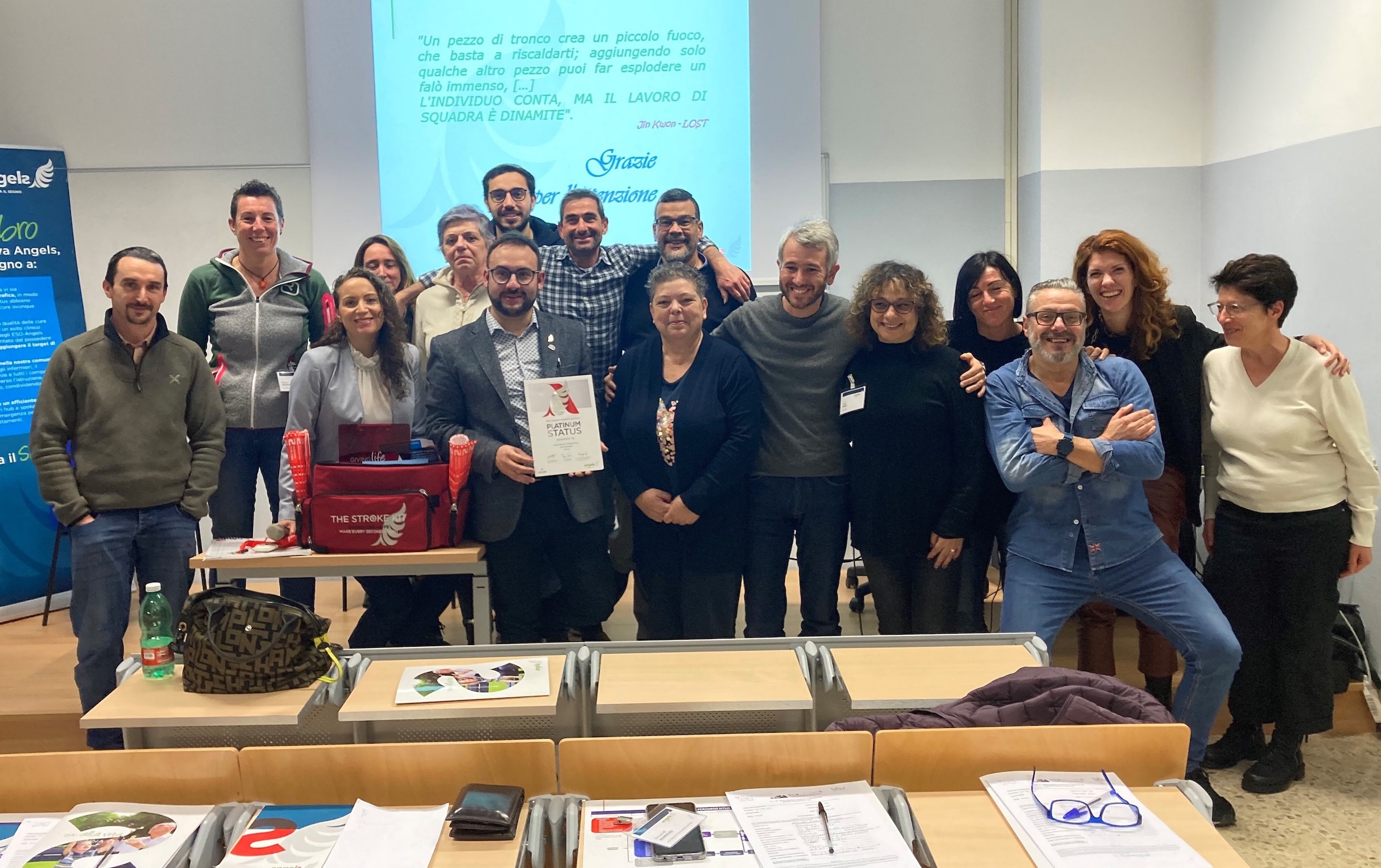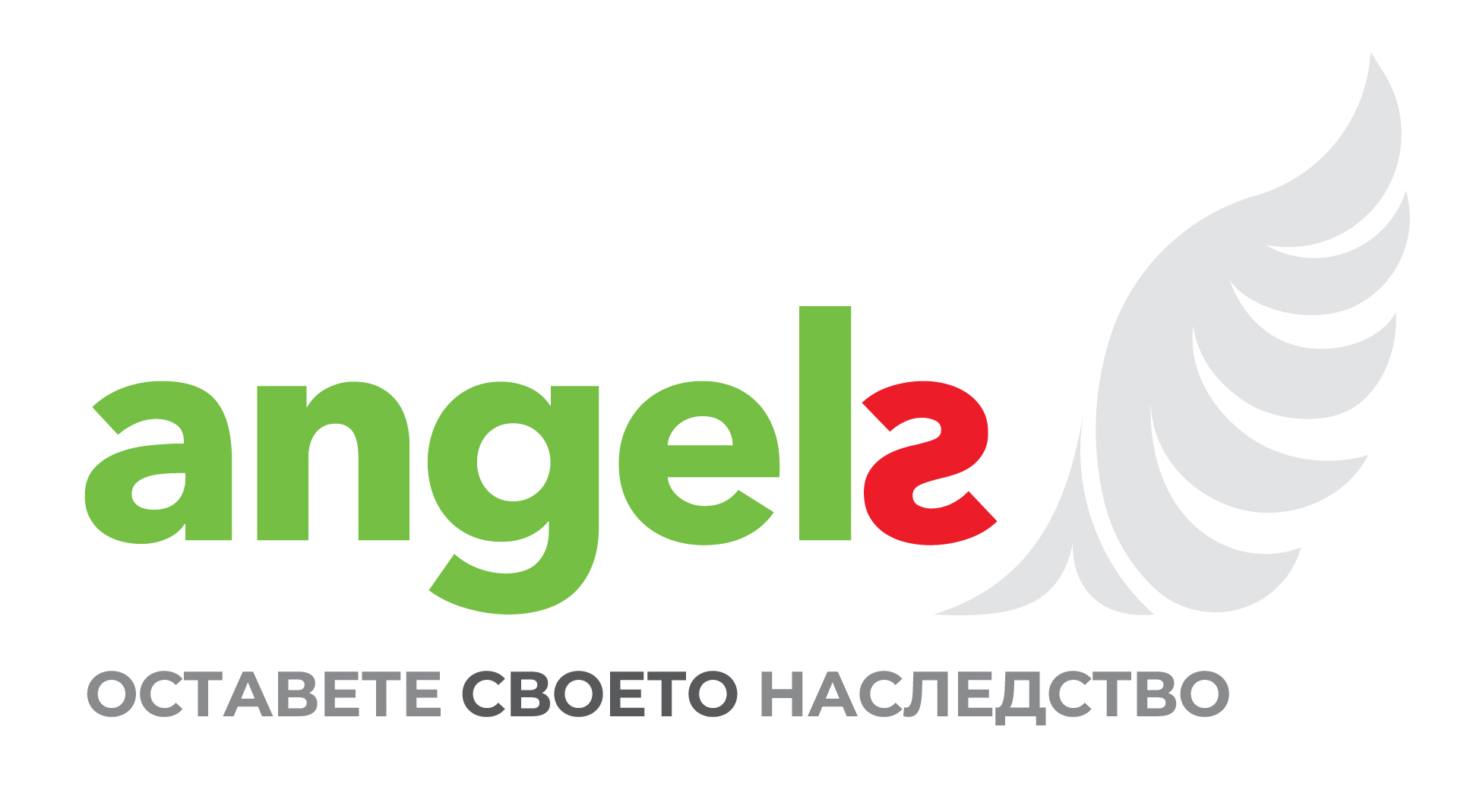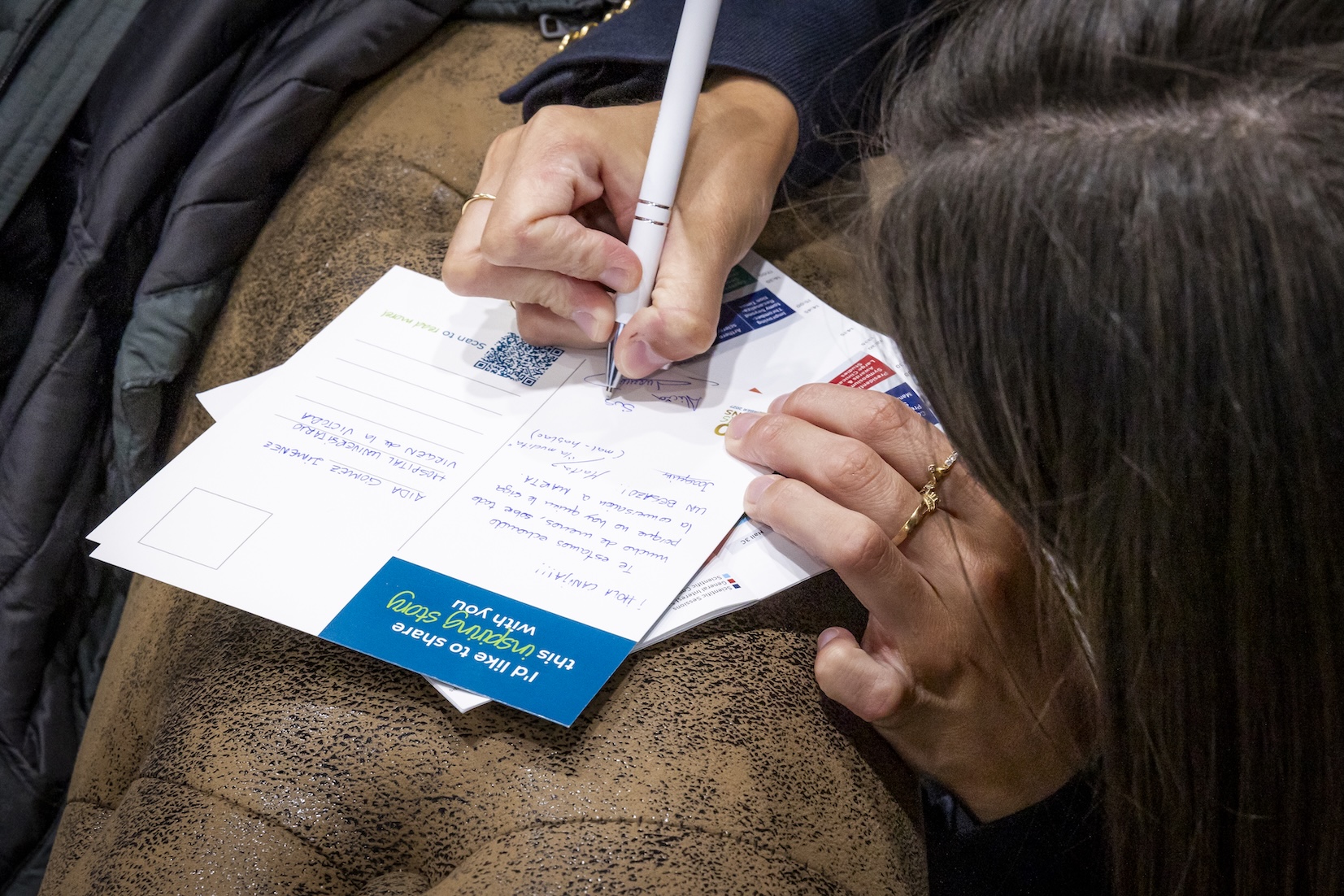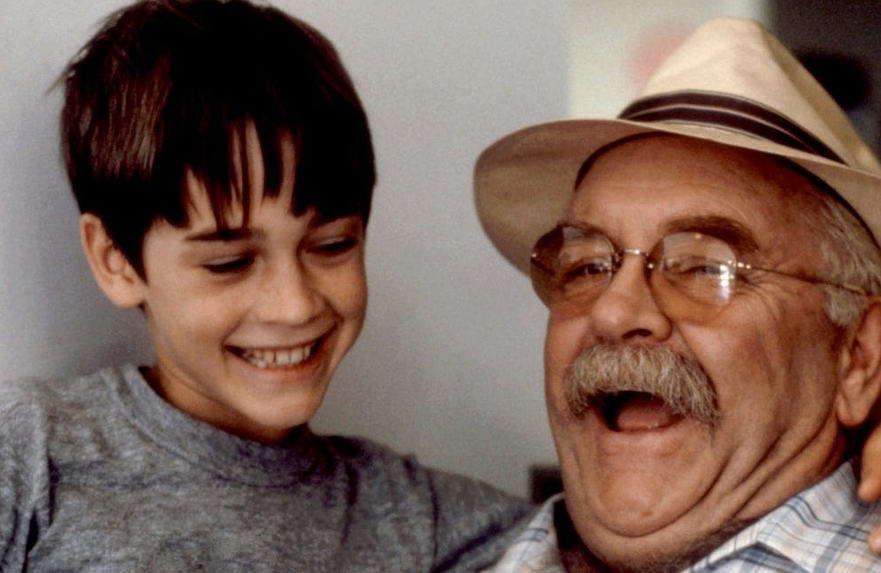Новара е оживен град в италианската област Пиемонте в северозападна Италия. Това е столицата на провинция Новара и важен кръстопът по маршрута между Милано и Торино, както и между Генуа и Швейцария. Той е и нервен център за друга критична операция - координацията на спешните медицински услуги в североизточната част на Пиемонте.

Оперативният център 118 Новара е второстепенна точка за отговор на обществената безопасност, разположена в покрайнините на провинциалната столица. Тя координира спешните ресурси в целия регион, състоящи се от Новара и нейните три съседни провинции, Верчели, Биела и Вербано-Кусио-Осола. С население от малко по-малко от един милион, 118 полета на Новара над 100 000 медицинска спешност повиквания годишно и управлява повече от 270 спешни случая на ден.
Когато спешен случай в здравеопазването включва предполагаем инсулт, екипът на 118 Новара знае, че качеството на доболничните грижи е толкова важно, колкото и лечението, което ще получат в болницата, и че решенията, взети от екипите за спешна помощ, могат да повлияят на лечението и да допринесат за незабавните, краткосрочните и дългосрочните резултати за пациент.
Бързият тест за оценка, проведен дистанционно от медицинската сестра в оперативния център в Новара, бързата диагноза от екипа на земята, транспортирането до най-подходящата болница, готова за инсулт, и лечението, прилагано от специалисти, са връзки във верига, включваща няколко дисциплини. Основната сложност прави постоянната оценка и оптимизацията критични, смята екипът на 118 Novara. Тази перспектива е свързана с основната цел на Награди Angels за ЦСМП , а именно да се използва мониторинг на качеството и споделяне на данни за подобряване и стандартизиране на доболничните грижи при инсулт.
Под ръководството на д-р Роберто Джоачин 118 Новара се присъедини към MonitorICTUS, италианския проект за мониторинг на качеството на доболничния път, през 2021 г. Проектът оценява ефективността на управлението на инсулт на териториалните служби за спешна помощ въз основа на параметрите за ефективност, установени от Европейското общество за спешна медицина (Евсем) и „Ангели“. През октомври 2022 г. 118-те оперативни центъра на Новара бяха сред петимата италиански и 57 европейски получатели на вторите годишни Награди Angels за ЦСМП на конгреса „Еусем“ в Берлин.

За да се квалифицират за платинената награда, те трябваше да отговарят на критериите, които включваха средно време на сцената от 25-30 минути и предварително уведомяване и докладване на съответната информация за пациент в 90% от случаите. Най-важното е, че те трябваше да осигурят на 90% от пациентите с инсулт спешен транспорт до една от болниците, готови за инсулт в региона.
„За мен е удоволствие и чест да получа тази награда“, каза д-р Матео Ровера, лице за контакт за проекта за инсулт на 118 Новара. „Благодаря на „Ангели“ за тяхната подкрепа. С тяхна помощ успяхме да се оценим, да въведем корекции и да подобрим ефективността си. Също така разработихме и въведохме специфични курсове за обучение за тези, които работят в района, и разширяваме този формат на обучение до съседни територии.“
Докато е в Берлин, д-р Ровера също имаше възможност да участва с представители на СМП от други европейски страни в годишната среща на Управителния комитет на СМП на „Ангели“. Тази кръгла маса за обсъждане на бариерите и иновациите в доболничните грижи при инсулт е един от градивните елементи на общността за СМП за Европа, едно от няколкото вълнуващи събития, които ще се появят от наградите.
По този повод около масата имаше много познати лица. Месец по-рано д-р Ровера е сред петимата участници в обучението за напреднала подкрепа за живота при инсулт (ASLS) в Будапеща, на което присъстваха и специалисти по СМП от Испания, Португалия, Полша, Румъния, Унгария, Словакия и Чешката република.
Учебната програма ASLS е разработена от Центъра Гордън, определен център за високи постижения на Медицинското училище на Университета в Маями Милър, и се използва по целия свят. Д-р Ровера сега е сред първите пет специалисти по СМП в Италия, които стават сертифицирани доставчици на обучение по ASLS, оправомощени да окажат още по-широко въздействие върху доболничните грижи за инсулт в тяхната страна.





